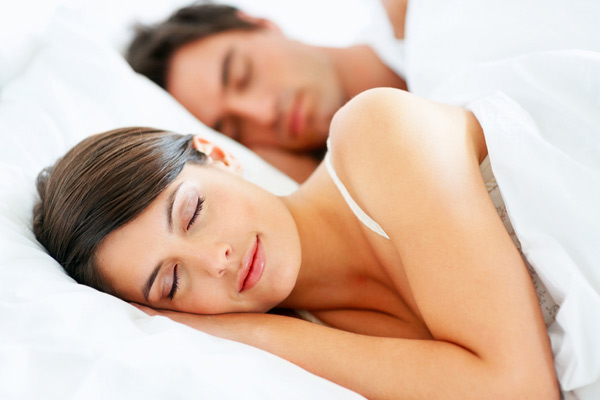Sleep Apnea Linked with Silent Strokes

People who suffer from severe sleep apnea have an increased risk of silent strokes, a small new study suggests.
Sleep apnea is a common disorder characterized by shallow breaths or pauses in breathing during sleep. The pauses can last from a few seconds to minutes, and they usually disrupt sleep.
In their study, researchers looked at 56 participants who had suffered a stroke and found that 90 percent also had sleep apnea. "We found a surprisingly high frequency of sleep apnea in patients with stroke," said lead researcher Dr. Jessica Kepplinger, at the Dresden University Stroke Center at the University of Technology in Germany.
Those with sleep apnea were more likely than the others to have had silent strokes, a vascular failure in the brain that doesn't exhibit noticeable symptoms.
The findings suggest early treatment for sleep apnea could help reduce the risk of such strokes, according to the researchers.
More than 18 million American adults suffer from sleep apnea, according to the National Sleep Foundation. The disorder is common among men older than 40. Severe sleep apnea has been linked to other health problems, including high blood pressure and cholesterol.
"Sleep apnea is widely unrecognized and still neglected," Kepplinger said.
Sign up for the Live Science daily newsletter now
Get the world’s most fascinating discoveries delivered straight to your inbox.
Over an 18-month period, participants in the study underwent overnight in-hospital testing for sleep apnea. Brain scans were used to find evidence of silent strokes and "white lesions" in the brain, which are known to appear after someone has experienced a stroke.
Kepplinger and colleagues found that more than one-third of people with white lesions had severe sleep apnea, and more than half who had a silent stroke had sleep apnea.
They also found that the severity of sleep apnea increased the risk of being disabled after being hospitalized for a stroke.
Because study participants were primarily of western European descent, Kepplinger said the study's findings might not represent the general population.
The research will be presented this week at the American Stroke Association annual meeting in New Orleans.
Pass it on: People with sleep apnea may have an increased risk of silent stroke.
Follow MyHealthNewsDaily on Twitter @MyHealth_MHND. Find us on Facebook.









